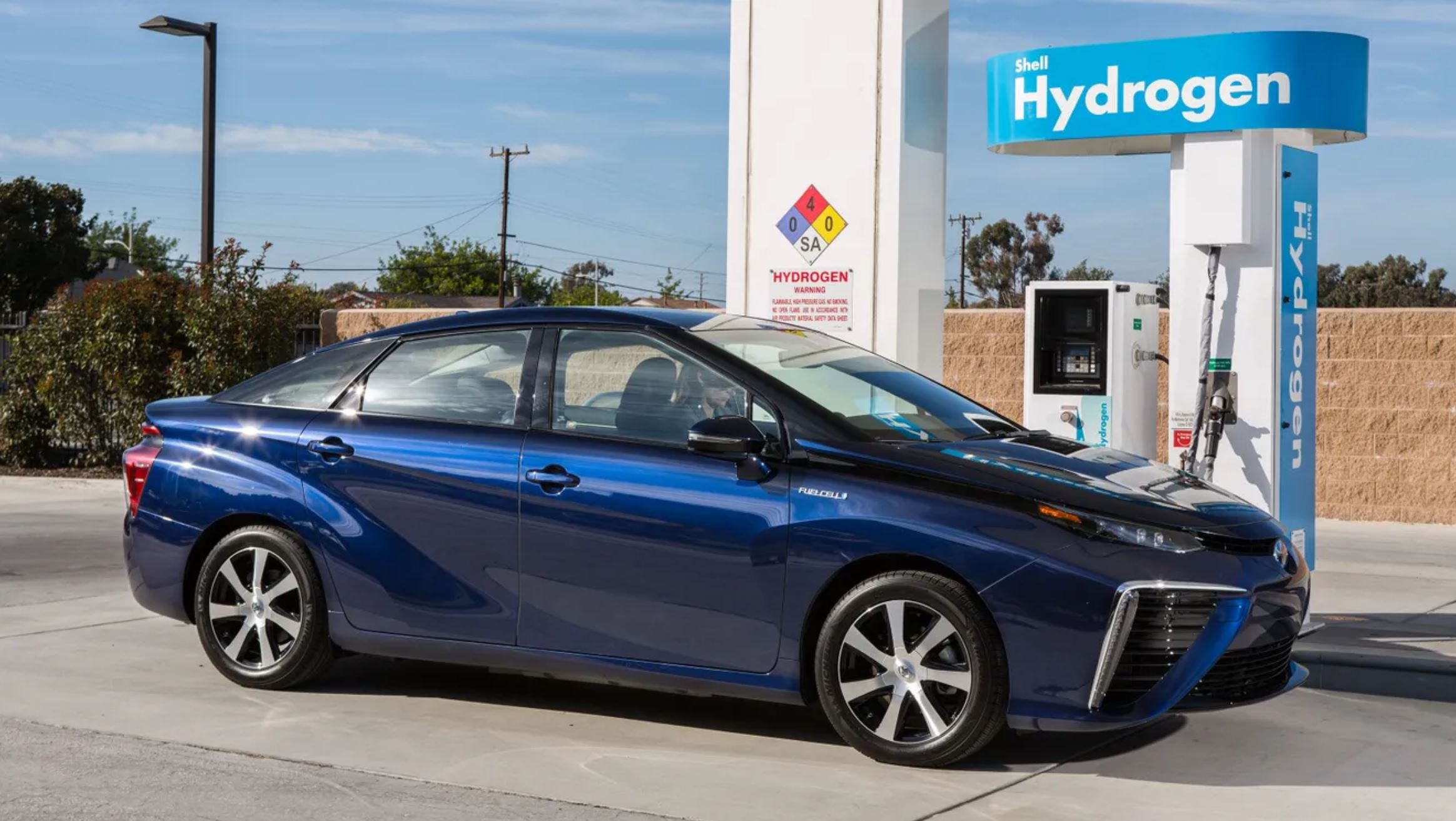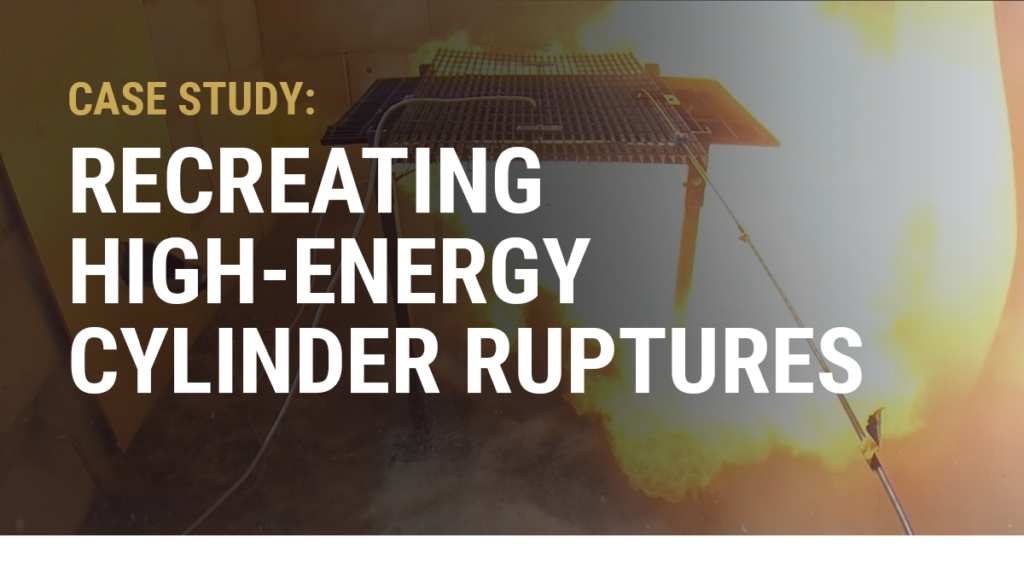10 Hydrogen Fuel Cell Applications You Might Not Know
Highlights
- Hydrogen fuel cell technology powers warehouse logistics, drives global distribution via trucks and vans, and fuels public transportation like buses.
- Despite many applications, the adoption of hydrogen fuel cells faces challenges in storage, public perception, and infrastructure.
- WHA is actively working to overcome these obstacles for a safer and cleaner future.
Someday soon, you could step into a car that produces zero greenhouse gasses. You could blaze down the highway next to efficient buses, delivery vans, and semi-trucks that are all clean-burning. Even your office could be equipped with emergency backup generators that run not on fossil fuels, but on hydrogen fuel cell technology.
These technological marvels aren’t just an optimistic vision of the future. They are all actually available right now.
Today, the world is locked in a race towards the future of clean energy. While we don’t yet know which technologies will play a role, hydrogen has emerged as a clear front-runner, offering versatile options for energy production, distribution, and application.
What’s in a Hydrogen Fuel Cell?
The technology behind much of this transformation is the hydrogen fuel cell, an electrochemical cell that uses the chemical energy of hydrogen to generate electricity.
In a hydrogen fuel cell, H2 hydrogen molecules are split into positively charged protons (blue) and negatively charged electrons (yellow). The protons pass through an electrolyte membrane, but the electrons must flow through an external circuit, creating electricity. Ultimately the protons, electrons, and oxygen molecules all combine to create water.
Hydrogen fuel cell electric vehicles (HFCEVs) may not have received the same hype as battery electric vehicles (BEVs), but hydrogen fuel cells go beyond just cars. In fact, current storage and logistical challenges currently mean that hydrogen is often better suited for larger-scale commercial applications such as heavy-duty trucking.
Hydrogen fuel is readily available and efficiently produced as a petroleum byproduct or through electrolysis using energy generated by renewable sources. As a liquid or pressurized gas, it’s relatively easy to transport and quick to refuel, bypassing the long charge times that most batteries require.
Especially as hydrogen production continues to move to renewable sources, electrolyzers and fuel cells represent a promising option for powerful, efficient, 100% clean energy storage and distribution around the world.

10 Applications of Hydrogen Fuel Cells
Now that we’ve covered some of the science, let’s take a look at 10 practical uses for hydrogen fuel cells.
1. Warehouse Logistics
Dozens of companies with large warehouse and distribution needs are turning to hydrogen fuel cells to power clean trucks, forklifts, pallet jacks, and the like.
This shift towards hydrogen technology not only enhances productivity but also improves indoor air quality for workers and contributes to lowering the carbon footprint of the logistics industry.
2. Global Distribution
Fuel cells boast both the range and power required for long-haul trucking and local distribution. Companies like Nikola, Hyundai, Toyota, Kenworth, and UPS are already building hydrogen-powered semi-trucks and vans.
3. Buses
Hydrogen power is being considered for other public transportation applications, including hydrogen fuel cell buses. As of 2023, parts of Europe are increasing their usage of hydrogen-powered electric buses. The US continues to experiment with the technology, too: states including California, Nevada, and Philadelphia are developing their hydrogen bus programs.
4. Trains
Hydrogen fuel cell trains have now appeared in Germany, the UK, Japan, and South Korea. While many of these models are test trains, the technology is making progress.
WHA is closely involved in this particular use case – our hydrogen experts are partnering with the Sierra Northern Railway on the development of three hydrogen-powered “switching locomotives.” An exciting milestone for the US in the journey to hydrogen-powered transportation!
5. Personal Vehicles
Nine of the major auto manufacturers are developing hydrogen fuel cell electric vehicles (HFCEVs) for personal use. Notable models on the market or in development include the Toyota Mirai, Honda CR-V, Hyundai Nexo, and BMW iX5.
6. Planes
Several experimental projects like the Pathfinder and Helios prototypes have explored application of hydrogen fuel cells in aerospace. These long-range unmanned vehicles utilized a hybrid system with hydrogen fuel cells which were replenished by electrical power from solar arrays, in theory allowing for continuous day and night flight.
Commercial flights are making progress as well. Airbus, Beyond Air, and ZeroAvia are all working to have models available for test flights or commercial use by 2025.
7. Backup Power Generation
At a local level, stationary fuel cells are used as part of uninterruptible power supply (UPS) systems, where continuous uptime is critical. Both hospitals and data centers are increasingly looking to hydrogen to meet their uninterruptible power supply needs. In 2020, Microsoft made headlines with a successful test of its new hydrogen backup generators, running one data center’s servers on nothing but hydrogen for two days.
8. Mobile Power Generation
Hydrogen offers versatile options for mobile power generation. In fact, some of the earliest hydrogen fuel cells were developed by NASA to provide electricity for rockets and shuttles in space.
New applications are emerging, too: In 2022, General Motors announced plans to use hydrogen fuel cells to power mobile generators.
9. Unmanned Arial Vehicles (UAVs)
From package delivery to search and rescue operations, many new applications of UAVs (i.e. drones) are significantly limited by the power and range provided by traditional batteries. Both military and private industry are overcoming these challenges with hydrogen fuel cells with up to three times the range of battery-based systems. Fuel cells also have a higher energy-to-mass ratio and can be refueled in a few minutes.
10. Boats and Submarines
Hydrogen fuel cells have found their way into a number of marine applications. Some boats like the Energy Observer even use onboard solar panels and wind turbines to generate their own hydrogen for a fuel cell system. For military stealth submarines like the German Type 212, hydrogen fuel cells offer an alternative to nuclear power with long-range, silent cruising, and low exhaust heat.

Safety Challenges Posed by Hydrogen Fuel Cell Systems
Before hydrogen can see widespread adoption as an alternative fuel, hydrogen must overcome several key obstacles:
Extreme conditions
Hydrogen has a relatively low volumetric energy density, meaning that it must be stored in large quantities for any practical application as a fuel. To compensate, modern transportation applications are pushing the limits of technology with higher pressures and extreme cryogenic temperatures.
Public perception
Notable incidents like the Hindenburg have left their mark on the industry — despite the fact that hydrogen wasn’t actually the major contributor of the incident. Although today’s hydrogen applications are very different, industry will have to work diligently to correct public perception and update many local regulations that limit the use of hydrogen.
Infrastructure
Cities, highways, airports and more will require significant infrastructure changes to accommodate hydrogen storage, transportation and refueling. Handling of hydrogen on such a large scale represents logistical challenges and fire/explosion hazards.

WHA Supports Hydrogen Fuel Cell Technology
For decades, WHA has worked with industry partners to overcome the safety challenges associated with hydrogen. Our scientists and engineers are intimately familiar with the unique risks of hydrogen, having been involved in the creation of multiple global standards.
Many of WHA’s founding engineers began their careers at NASA, including WHA’s Principal Chemist, Dr Harold Beeson. WHA Mechanical and Forensic Engineer, Dr. Dani Murphy, also brings a wealth of experience from the National Renewable Energy Laboratory, where she was involved in research for hydrogen fuel cells and infrastructure.
What’s more, WHA continues to partner with both government and private organizations to provide failure analysis, hazard analysis and design support, custom testing, and technical training for hydrogen.
For these new applications of hydrogen fuel cells to progress, industry leaders must partner with qualified hydrogen safety experts like WHA. A safer, cleaner future is waiting.
Originally published October 27th, 2020.
Share this entry
Related Articles
Case Study: Recreating High-Energy Cylinder Ruptures at Full Scale
Several years ago, personnel were unloading a high-pressure aluminum cylinder containing a reactive synthesis gas blend when…
WHA Failure Analysis Legacy: Expert Witness
What makes an expert witness effective in the courtroom? Barry Newton: It’s about communication. A forensic engineer…
WHA Failure Analysis Legacy: Lessons Learned in Forensic Engineering
What are some of the biggest lessons you’ve learned through forensic engineering? Brad Forsyth: Our failure analysis…
Request an expert
consultation
Contact us to request a free consultation with an experienced engineer who can help you better understand your needs and our solutions.



